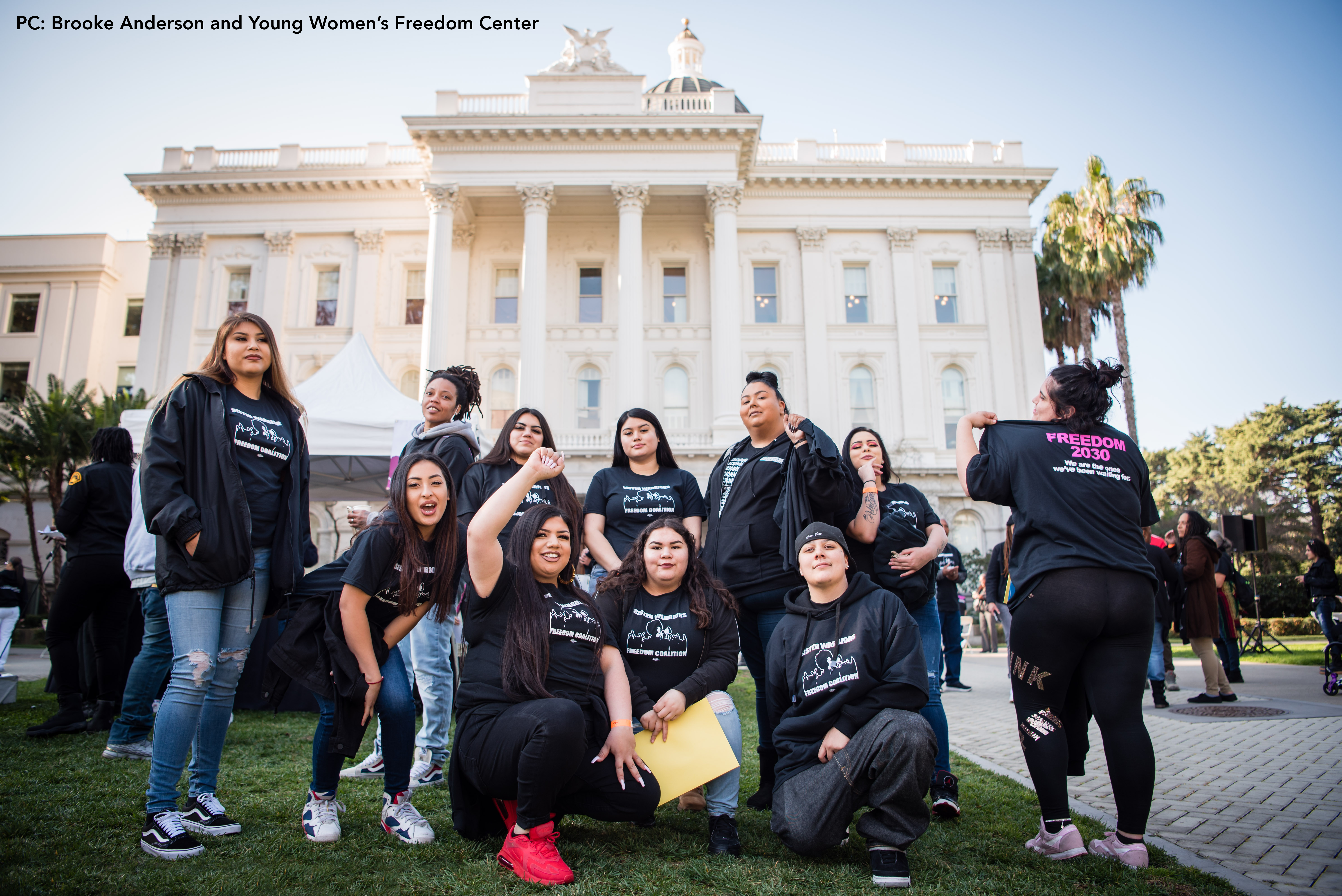In February, Solidaire Network held a powerful exchange on capacity and infrastructure for movements led by Black and Indigenous folks and folks of color. Over a space of two days, the exchange provided space to learn, build and connect for capacity builders and providers. Perhaps even more importantly, it was also a space to collectively identify steps the philanthropic sector must take to resource and fund the infrastructure that movement organizations need.
Key among those needs is communications capacity. At Change, we truly believe communications and storytelling are the key ingredients that movements need to win justice. Just as organizers and advocates hold the solutions, they also hold the stories, the vision and the ideas that will shape a better future for us all. Movement building organizations need capacity to communicate that vision and win hearts and minds. For us, given our focus on racial justice, we especially want to prioritize movements led by Black folks and folks of color.
The reality, however, is that organizing groups and movement-building organizations often are working with little to no internal communications capacity. Too often, there’s no dedicated communications staff, or the staff that is tasked with communications work doesn’t have the training or time the job requires. As a direct result, communications happens on an ad hoc basis, is often reactive, and takes the form of rapid response because time and resources have not been allocated to a proactive, long-term communications strategy for justice.
As consultants, we often find ourselves playing the role of internal communications teams for movement organizations. While not ideal, we do it because communications is so critical and we want the changemakers we work with to win. But, we are beginning to realize that we are not doing movement organizations, and movements themselves, any favors by playing this role. That’s why, in 2021 and beyond, we are committed to doing what we can to contribute to shifting this reality. For Change, that means three things:
- Support our clients in hiring communications staff to fill key roles, and walk with them on the journey to build an internal communications team. On an as needed basis, we assess communications needs based on organizational goals, priorities, and budget; review job descriptions; help sift through resumes; join interviews; and coach new hires. Communication is a leadership function. As such, we encourage executive directors to make room in organizational budgets for the communications capacity their visionary organizations need.
- Advocate for more philanthropic dollars to support organizations in filling critical communications capacity and infrastructure. It can’t be simply up to organizing groups to make this a priority. Foundations committed to funding racial justice must realize that external consultants are not a substitute for robust, internal communications capacity– and allocate grantmaking to resourcing communications capacity accordingly.
- Work on turning our own focus from “doing” to teaching and capacity building through training, one-on-one coaching, and more products and tools to advance communications skills and expertise for racial and social justice. We slowly began to do this in 2020, and we will expand this new aspect of our work in 2021 and beyond.
While we believe everyone is a communicator no matter their title, having a dedicated internal communications team allows an organization to maximize staff talent and time. It also helps organizations get more mileage from their consulting relationships. Now, more than ever, our communities need brave and brilliant leaders to tell their own stories and communicate their vision for a more equitable future.
